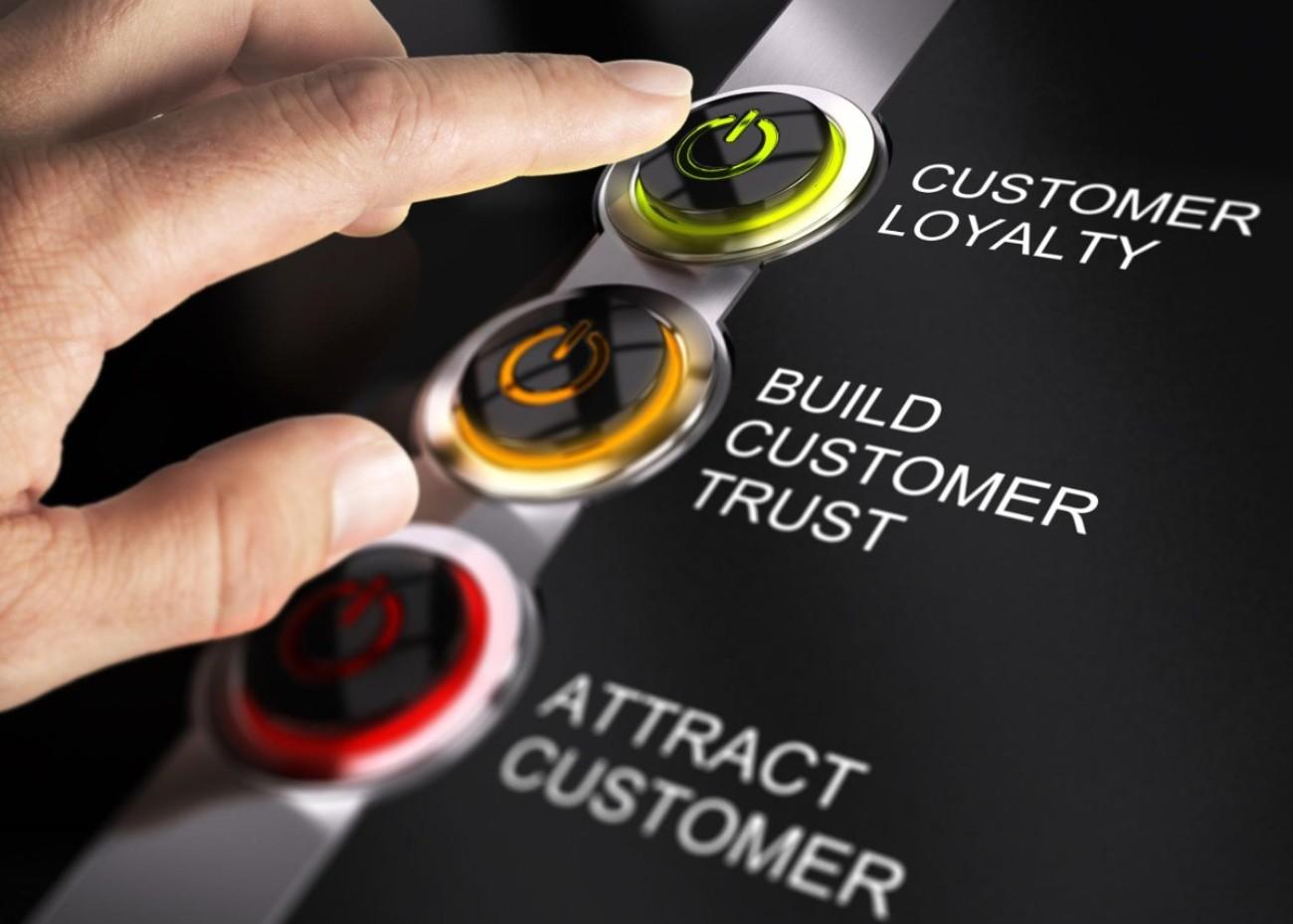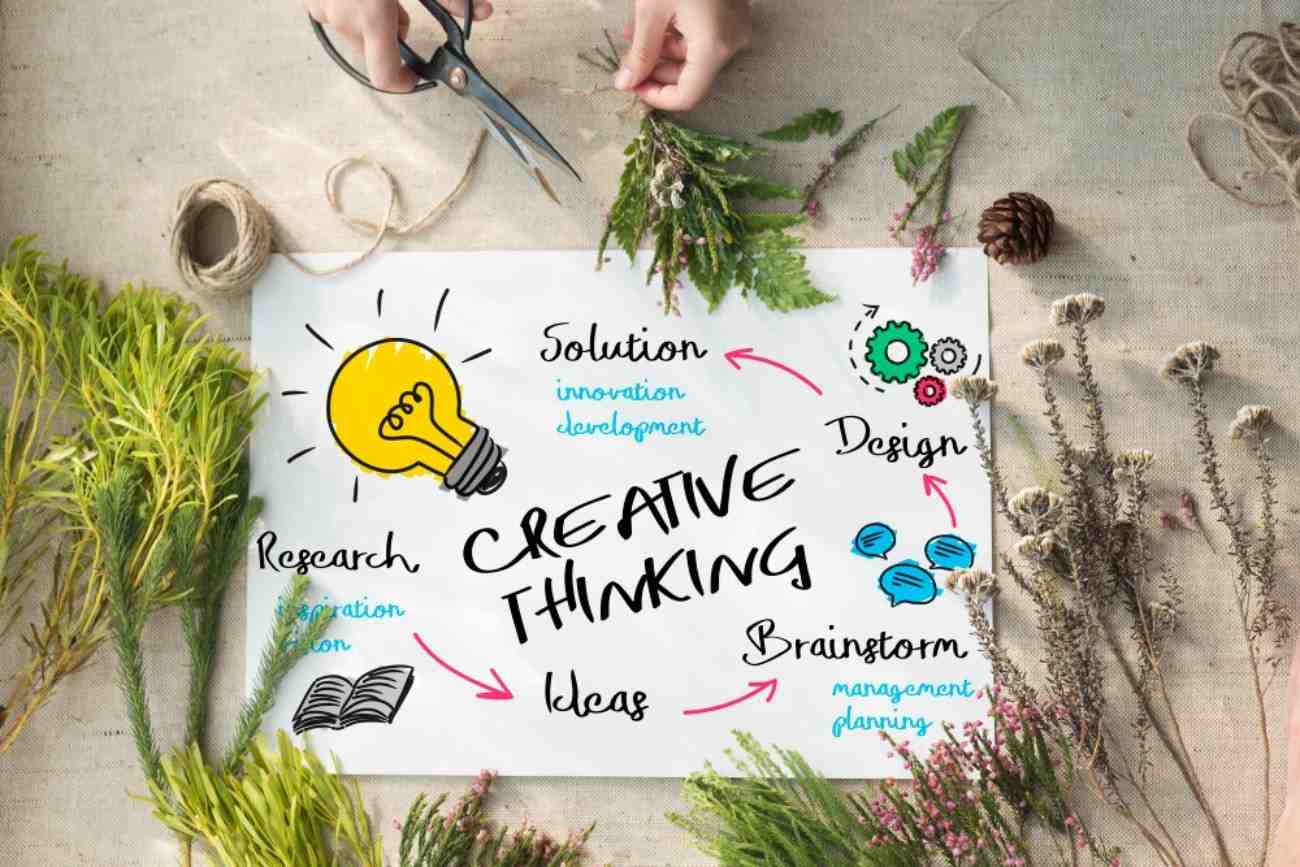
True value in marketing isn’t always found in the loudest voices but in the most thoughtful actions. Sustainable marketing taps into this concept by turning a brand’s genuine commitment to the environment into a tangible competitive advantage. It’s not about following trends—it’s about creating meaningful connections with an audience that cares. Companies equipped with the right resources, like Rediem, can bridge the gap between intention and impact, helping brands communicate their sustainability efforts in a way that resonates and lasts.
But it’s not just about jumping on the green bandwagon. To succeed in sustainable marketing, businesses need the right tools to navigate complex data, ensure transparency, and align their actions with their promises.
That’s where platforms like Rediem can make a real difference. With tools designed to streamline ethical marketing efforts, Rediem helps brands track sustainability metrics and improve their messaging—making it easier for you to build trust and drive results.
Let’s break down some of the major benefits of sustainable marketing and how this approach can help brands grow responsibly.
Consumer Trust: The New Currency
Today’s consumers care about more than just the products they buy—they want to know the values behind the brand. Studies show that a large portion of customers, especially millennials and Gen Z, are willing to pay more for products that align with their values. Brands that embrace sustainability aren’t just seen as environmentally responsible; they are perceived as honest and transparent.
Take Patagonia, for example. The outdoor clothing company has made sustainability a cornerstone of its business, and customers trust them because of it. From their “Don’t Buy This Jacket” campaign, which encouraged people to consider the environmental impact of over-consumption, to their commitment to using recycled materials, Patagonia shows that they walk the walk. And it works. Not only have they built a loyal customer base, but they’ve also seen financial growth as a result.
Trust is a powerful thing. And in a crowded market, it’s one of the few ways to stand out. When your company’s marketing aligns with its values, and you’re open about your sustainability efforts, customers are more likely to believe in what you’re selling.
Cost Reduction Through Efficiency
Sustainable marketing isn't just about image—it can actually help reduce costs. By adopting sustainable practices, businesses can streamline their operations, minimize waste, and use resources more efficiently. Think about energy savings, reduced packaging, or even local sourcing, which cuts down on transportation costs. These kinds of changes not only benefit the planet but can significantly reduce your operating expenses.
A good example of this is Unilever. The company’s sustainable living plan, which aims to decouple its growth from environmental impact, has led to a more efficient use of resources. By focusing on eco-friendly solutions, they’ve seen a reduction in both water and energy consumption, which translates into lower costs. For example, they’ve invested in reducing plastic waste by improving their packaging and creating refillable alternatives. These kinds of changes might seem small, but they add up, creating a leaner and more efficient business model.

The same principle can apply to marketing strategies themselves. Using eco-friendly materials in campaigns, cutting down on physical flyers in favor of digital, or optimizing product packaging for e-commerce are ways to practice sustainability while improving your bottom line.
Boosting Brand Loyalty
Sustainable marketing taps into something deeper than just a transactional relationship with consumers. It’s about building a connection based on shared values. When customers feel that a brand genuinely cares about the same things they do, it forges loyalty. And brand loyalty is one of the most valuable assets a company can have—especially in an age where competition is fierce and attention spans are short.
Think of brands like The Body Shop, which built an empire by focusing on environmental and ethical concerns. They champion causes like animal rights, fair trade, and environmental conservation. These aren’t just afterthoughts—they are woven into the fabric of the company’s identity. This has led to a loyal customer base that doesn’t just buy their products but advocates for them.
It’s worth noting that this kind of loyalty isn’t just about words. Brands that genuinely back their sustainability promises with action are the ones that see the most success. The Body Shop, for instance, hasn’t shied away from making bold moves, like pushing for the end of animal testing globally. When customers see this level of commitment, they stick around, even when competitors try to woo them with lower prices or flashier products.
Future-Proofing Your Brand
The environmental challenges we face today aren’t going anywhere, and brands that ignore this reality are at risk of being left behind. Regulatory changes are coming fast, with governments around the world pushing for tighter controls on emissions, waste, and resource usage. Companies that get ahead of these regulations by adopting sustainable practices will be better positioned to thrive in the future.
Take Tesla, for instance. While they’re known for their cutting-edge electric cars, Tesla’s real innovation lies in how they’ve embraced sustainability as a core business principle. By anticipating the demand for eco-friendly transportation, they’ve positioned themselves as industry leaders. This forward-thinking approach has allowed Tesla to outpace traditional automakers, many of whom were slow to embrace the electric vehicle movement.
The same goes for other industries. Retailers, for example, are increasingly being pressured to adopt more sustainable sourcing practices. Fast fashion brands are starting to feel the heat, with consumers demanding transparency about where their clothes come from and how they are made. Brands that adapt to these changing demands now will be better equipped to handle future shifts in both consumer expectations and regulatory requirements.
Sparking Innovation and Creativity
Sustainability challenges brands to think differently about their products and how they market them. It’s not just about cutting down on waste or using recycled materials; it’s about rethinking the entire process. From product design to marketing campaigns, sustainability often sparks innovation.
Adidas, for instance, has taken sustainability to heart by reimagining their product line. Their collaboration with Parley for the Oceans resulted in shoes made from recycled ocean plastic, turning waste into a functional and desirable product. This kind of innovation doesn’t just reduce environmental impact—it creates a new selling point for the brand. By marketing these shoes as part of their sustainability efforts, Adidas appeals to environmentally conscious consumers while also setting themselves apart in the athletic wear market.

This approach can extend to marketing efforts as well. Sustainable marketing can push companies to come up with creative ways to reduce their environmental impact while still getting their message across. Digital-first campaigns, reusable packaging for promotional materials, or even carbon-neutral events are all ways that brands can demonstrate their commitment to sustainability while engaging with their audience.
The Power of Authenticity
In a world full of “greenwashing,” authenticity is key. Customers are more informed than ever, and they can tell when a brand’s sustainability efforts are genuine or just for show. Brands that embrace sustainable marketing in an authentic way are more likely to earn customer trust and loyalty.
Look at IKEA. The furniture giant has made sustainability a part of its DNA by committing to become climate positive by 2030. They’re not just tweaking a few things here and there; they’re rethinking how they do business, from the materials they use to their energy consumption. This level of transparency and commitment resonates with customers because it feels authentic. IKEA isn’t pretending to be perfect—they’re showing their progress, and that’s what consumers want to see.
Being transparent about your sustainability efforts, even if you’re not perfect, goes a long way. It shows that your brand is committed to making a difference and is willing to grow and improve over time.
Sustainable marketing isn’t just about making your brand look good. It’s about creating real value—both for your customers and the world around you. By reducing costs, building consumer trust, fostering loyalty, and encouraging innovation, sustainable marketing offers a way forward that benefits everyone.
As you work to integrate sustainability into your business strategy, using a platform like Rediem can help you manage your efforts more effectively. From tracking sustainability metrics to ensuring transparency in your marketing, Rediem makes it easier for brands to grow responsibly without sacrificing results. Check out what Rediem can do for your business today and start making a positive impact.

